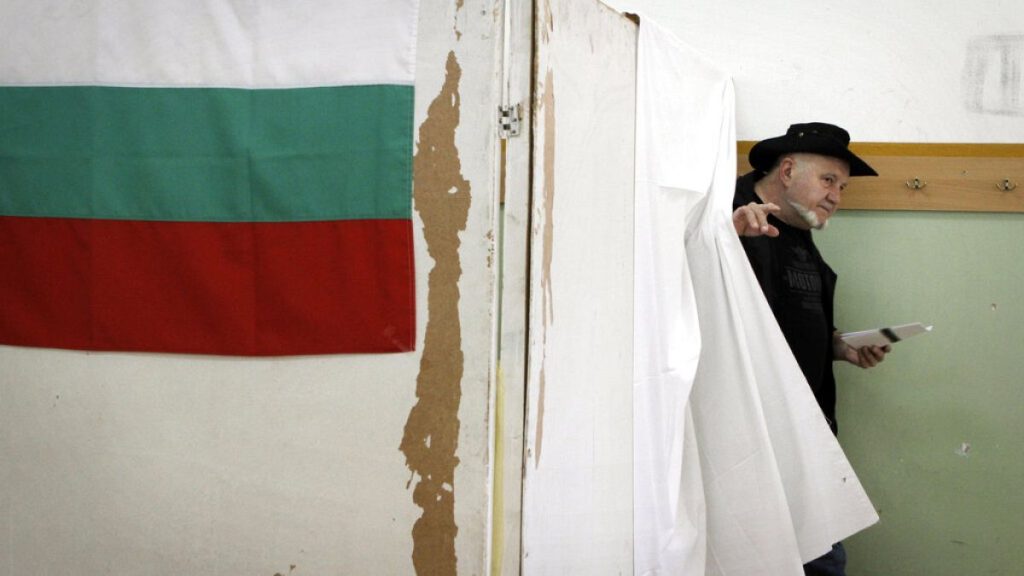As Bulgaria prepares for its upcoming European Parliament and National Assembly elections on June 9, the political campaigns are coming to a close. The country will elect 17 MEPs and 240 MPs, with the Citizens for European Development of Bulgaria (GERB) currently leading the pre-election polls according to a recent survey. The survey indicates that 29% of Bulgarians would vote for GERB, with the nationalist Vazrazhdane party coming in second with 15%. However, over 400,000 people remain undecided about their vote, highlighting the uncertainty surrounding the upcoming elections. The temporary government formed by GERB and the liberal centralists of DPS has been in power since the resignation of former prime minister Boyko Borisov in 2020 following mass anti-corruption protests.
The upcoming early parliament elections will be the sixth time Bulgarians have voted for their National Assembly since 2021, amidst corruption scandals and the influence of Russian propaganda in the country. President Rumen Radev has faced accusations of being pro-Russian by his opponents, as he has refused to provide aid to Ukraine despite condemning Russia’s invasion of the country. The current political instability in Bulgaria has raised concerns about the potential for nationalist and pro-Russian parties to gain strength, further deepening the country’s internal divisions. The failure of the Bulgarian political leadership to enact meaningful reforms following the anti-corruption protests has contributed to the ongoing political instability and uncertainty facing the country as it approaches the elections.
The upcoming elections will play a crucial role in determining the future direction of Bulgaria as a member of the European Union. The outcome of the elections will have a significant impact on the country’s relationships with the EU and the wider international community, particularly in light of the ongoing tensions with Russia. The results of the elections will also shape the domestic political landscape in Bulgaria, determining the direction of future policies and reforms. The high level of undecided voters in the recent survey reflects the complexity and uncertainty surrounding the political situation in Bulgaria, highlighting the need for effective leadership and governance to address the country’s challenges and move towards greater stability and prosperity.
As the campaign period comes to an end, the focus now shifts to the upcoming elections on June 9 and the choices that Bulgarian voters will make at the ballot box. The electorate will have the opportunity to shape the future of their country through their votes for MEPs and MPs, with the potential to bring about significant changes in the political landscape. The challenges facing Bulgaria, including corruption, political instability, and external influences, highlight the importance of the upcoming elections in determining the country’s path forward. The outcome of the elections will be closely watched both domestically and internationally, as Bulgaria seeks to navigate its way through a period of uncertainty and transformation.
With the nation facing internal and external challenges, including corruption scandals, political instability, and Russian influence, the upcoming elections represent a critical juncture for Bulgaria. The choices made by voters on June 9 will have far-reaching implications for the country’s future, both domestically and on the international stage. The need for effective leadership and governance to address these challenges is more pressing than ever, as Bulgaria seeks to overcome its past and move towards a more stable and prosperous future. The results of the elections will shape Bulgaria’s relations with the EU, Russia, and other key international players, making it a pivotal moment in the country’s history.


